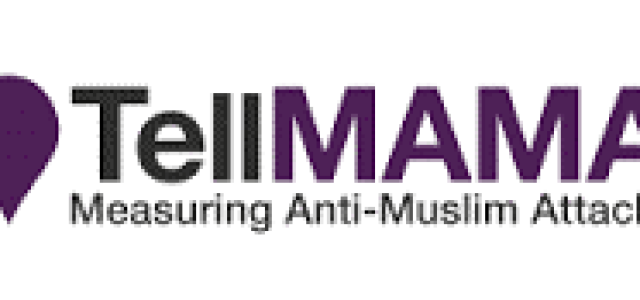Fyaz Mughal (Tell MAMA)
Over the last 3 years of work within Tell MAMA it has become clear that hate incidents and crimes have significant impacts on the physical, emotional and mental well-being of victims. At a street level, most of the victims are visible Muslim women and data that we have collected through victims also shows that women who wear the Niqab, (the religious face-veil), suffer more anti-Muslim hate incidents than Muslim women who only wear the Hijab, (or the headscarf). Niqab wearing women also tend to suffer more aggressive incidents and this includes assaults as perpetrators attempt to take off their Niqab.
For example, one case early on in the lifetime of Tell MAMA demonstrated a variety of these issues and also demonstrated how anti-Muslim hate or Islamophobia can also impact on the well-being of children who see their mother being attacked. We were contacted in 2013 by an African-Caribbean woman who was a convert to Islam and who wore the Jilbab (the full, sometimes black, body covering) and the Niqab. She was standing patiently in a queue with her two children, when a woman in front of her turned round and suggested that the Niqab wearing female had pushed her. The victim responded that she had not and that she was minding her own business. As she looked away, the perpetrator pushed her from behind and mumbled, “terrorist ninja Muzzie.”
This targeted anti-Muslim statement was clearly driven by the clothing attributed to the Muslim faith of the victim, though as the victim turned around, the perpetrator tried to tug at her face veil leading to scratches across the face of the young African Caribbean female. The end result was that a shopper had to step in and stop a violent assault on the victim which had taken place repeatedly against the victim.
The impact of this verbal and physical attack and anti-Muslim hate was that the young children heard the comments made against the mother and when we interviewed and worked with the family after the incident, the children were aware that their mother had been abused many times before and they had heard the comments. Aged 12 and 13, they could also understand why their mother was being attacked and this was probably the most corrosive part of the impacts of such hate incidents. The children shifted between periods of anger, anxiety and restlessness as they talked about these incidents in collaboration with our community facilitators. One of the children also mentioned to us that she did not like being Muslim since it was causing her family so much trouble.
The impacts on the mother were also significant. She had developed an introspective personality, quiet and sometimes unable to cope with stress. She also regularly asked her husband to do the shopping, further isolating herself and making her emotional crisis deeper. Such anti-Muslim hate incidents had therefore impacted directly on her children and her life and had in effect, made her dependent on her husband. She had lost confidence and had also talked to us about leaving the UK in search of ‘peace’ in another place. Whilst this seems a utopian dream, the balance and perspective of this woman who had been subjected to repeat anti-Muslim hate had significantly changed.
Which brings us onto the barriers that affect the reporting in of anti-Muslim hate or Islamophobia. Muslim women have consistently told us that they do not report in because they do not want to waste police time. Indeed some do not know that what hate crimes are, others are frightened to engage with police because of the Prevent counter-terrorism agenda, whilst others do not need the ‘hassle’ as they put it. Therein lies the problem, since under-reporting is significant within Muslim communities and decades of community engagement and empowerment work will be need for confidence levels to rise.
The future is therefore one which is going to be shaped by local, national or international incidents affecting Muslim communities in Europe and the UK. We have seen the impacts of Charlie Hebdo on spikes in anti-Muslim hate reporting, and this was particularly pronounced after the brutal murder of Lee Rigby. What the future will hold, nobody knows, but ultimately, we can only resolve and counter such hate by the reporting in of it. We are certainly aware of that.
Fiyaz Mughal, OBE, is the founder of Faith Matters, Tell MAMA and Religious Reader. He has worked in the community sector for over 20 years and is a social entrepreneur.
